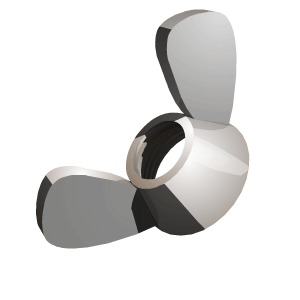Time magazine also had an exclusive excerpt from a new book: The Progress Paradox: How Life Gets Better While People Feel Worse, by Greg Easterbrook (Random House, 355 pages)
The points he made are very interesting; I think I shall have to read the book
- The revolution of satistifed expectations — Most people judge their well-being not by where they stand but rather on whether they think their circumstances will improve in coming years.
- Catalog-induced anxiety — The media obsessively shows in agonizing detail, all the expensive things they will never possess, unlike the wealthy and glamorous.
- Collapse anxiety — The deep-seated fear that the West cannot sustain its current elevated living standards and liberty.
- Abundance denial — Americans seem programmed to deny that they are well-off, which only detracts from the ability to appreciate what’s going well in our lives.
- The unsettled character of progress — New problems always arise to replace older solved problems which makes people reluctant to believe life is really getting better.
- The choice penalty — Suffering from endless self-doubt about life choices (Whom to marry, where to live, what to do) that used to be made for you based on social forces.
- From material want to meaning want — Inner pang on the question of whether their lives have meaning.
- The virtue of gratitude — We forget to be grateful for what we have. Happiness comes only from within.

Leave a Reply
You must be logged in to post a comment.